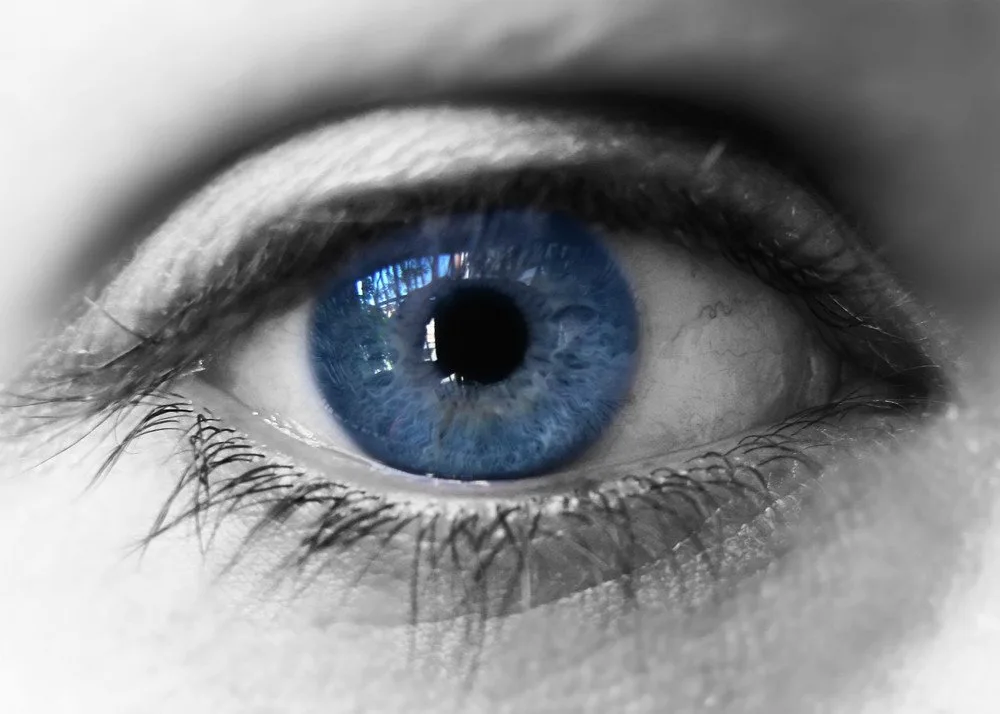If you have been suffering from chronic headaches and popping aspirin isn’t helping, then your contact lenses are the problem. They are commonly used for correcting vision as an alternative to glasses. However, if they do not fit your eyes properly or are unable to compensate for the vision loss, they will be accompanied by headaches. There are a number of vision-related headaches that may be caused due to contact lenses. Here are a few of them:
-
Gradual Onset of Presbyopia
Presbyopia is the loss of focusing ability as you age and this loss usually calls for a need for reading glasses. If you have been wearing contact lenses for many years, the onset of presbyopia will cause headaches. This vision condition may be affected by the intensity and amount of near work, such as staring at a computer screen on a regular basis, lighting, font size of the print and work distance. Presbyopia usually affects people in their late thirties or early forties. If you are in this age range and haven’t had any problems with using contact lenses previously, then get yourself checked for presbyopia. Switching to reading glasses will bring relief.
-
Computer Vision Syndrome
Do you spend hours sitting in front of a computer? If yes, then you are at a risk of developing computer vision syndrome (CVS), whose symptoms are eye strain and headaches. Though contact lenses won’t aggravate the condition, they may dry out due to the long hours in front of the blue screen, which will increase the discomfort.

-
Wrong Prescription
Using contact lenses of the wrong prescription causes eye strain which eventually leads to headaches. If you have tried putting on someone else’s glasses just for a few minutes, you would know that it is very uncomfortable and you will feel slight throbbing in your head. The same applies for contact lenses as well. Probably the eye doctor got the prescription wrong or you picked up the wrong contact lenses. Whatever the case is, take off your lenses and go to your doctor for re-evaluation. Replacing the wrong prescription will eliminate the headaches immediately.
-
Dry Eyes And Lenses
Dry eyes, even without the contact lenses, can be quite irritating and cause discomfort. When the body is unable to produce enough mucus or tears to keep the eyes moist, you will experience dryness. When your eyes and contact lenses dry up, it will make you more sensitive to light and you may squint a lot to look at things. This squinting leads to muscle and eye strain, which leads to headaches. Understand what is causing the dryness and take corrective actions. The easiest trick is to start blinking a lot, which helps in producing a tear film in the eye, relieving you of the dryness. If it is persistent, visit a doctor and you can take some medication like eye drops or some other treatment.
-
Toric Contact Lenses
Toric contact lenses are used to correct astigmatism, which is an eye defect caused by a deviation from spherical curvature. Unfortunately, contact lenses are not that effective in correcting astigmatism as compared to glasses. If you suffer from astigmatism and are experiencing frequent headaches, chances are that your lenses are not working effectively.

Another reason may be ill-fitting lenses, i.e., when your lenses don’t fit you properly, causing your eyes to strain, leading to headaches. Do not make assumptions as to why the headaches are occurring, and never try to fix them on your own. Visit a doctor to determine if your contact lenses do have a hand in causing the headaches or if they are occurring for some other reason altogether. Ditch the lenses and switch to glasses if necessary. However, if you are not keen on using either of them, then you can consider having LASIK eye surgery done to correct your vision.
_______________________________________________________________________
Author Bio:
This guest contribution is by Aaron Barriga. Aaron Barriga is the online marketing manager for Insight Vision Center, an Ophthalmology Center in California. With a knack for understanding medical procedures, and an interest in eye and vision health, Aaron loves to share what he knows and what he learns. He blogs to inform readers about the latest eye care technology and other topics related to eye care, especially LASIK. Aaron loves collecting coasters from the different bars and restaurants he visits during his travels.




![women [longevity live]](https://longevitylive.com/wp-content/uploads/2020/01/photo-of-women-walking-down-the-street-1116984-100x100.jpg)










